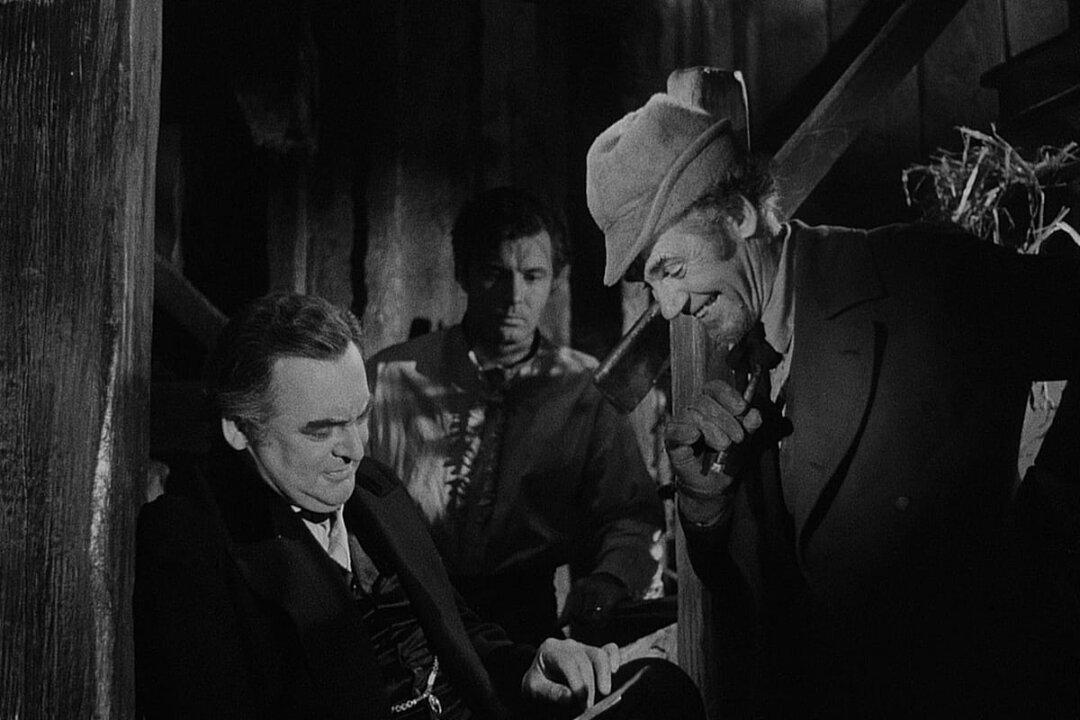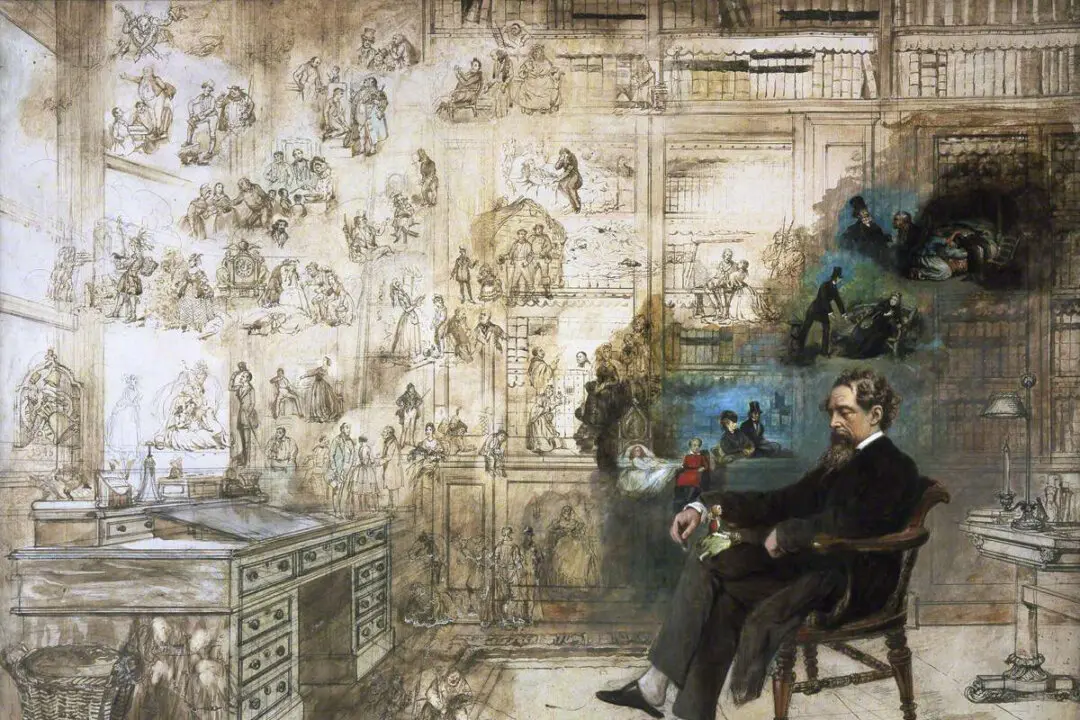Sometimes we lose ourselves in our faults, vices, and desires, and they come to rule our lives. We are usurped from the throne of our better self and our sinful side rules.
In his short story “The Devil and Daniel Webster,” Stephen Vincent Benét explores these human tendencies.






